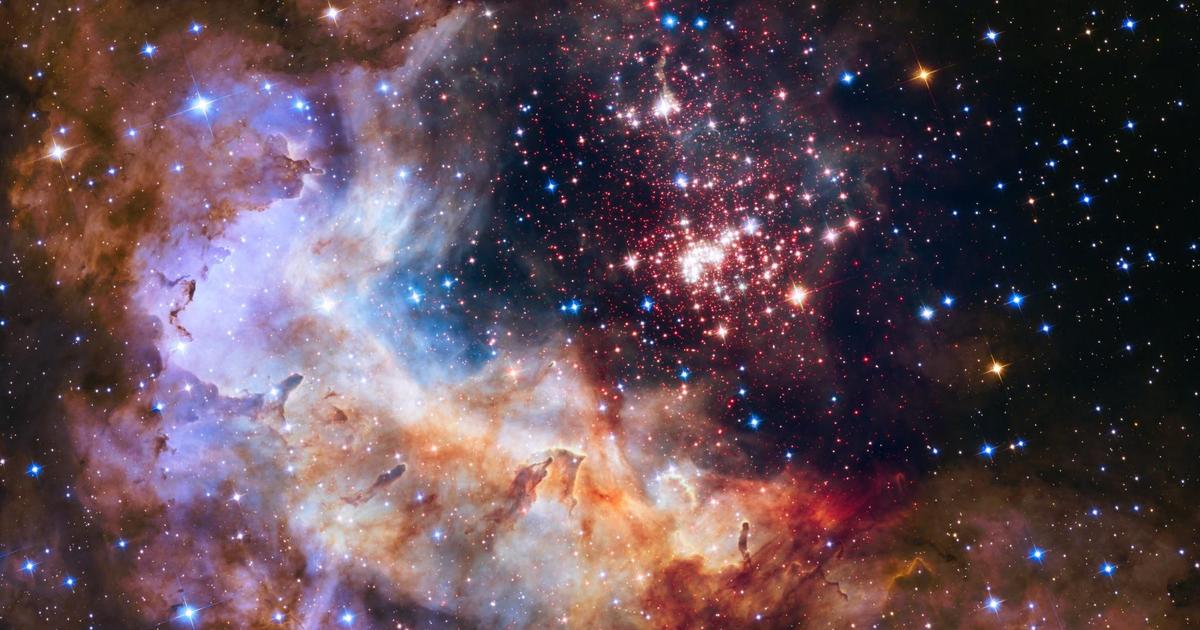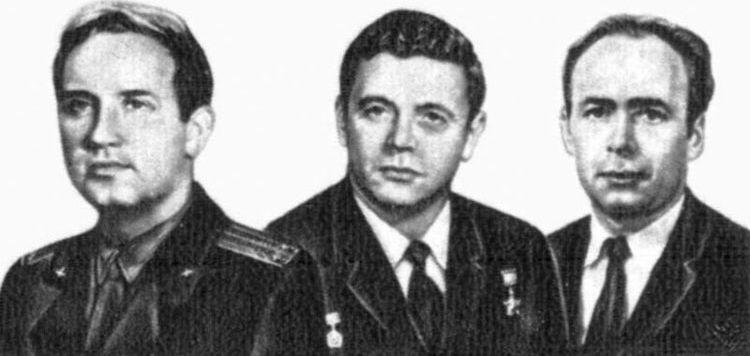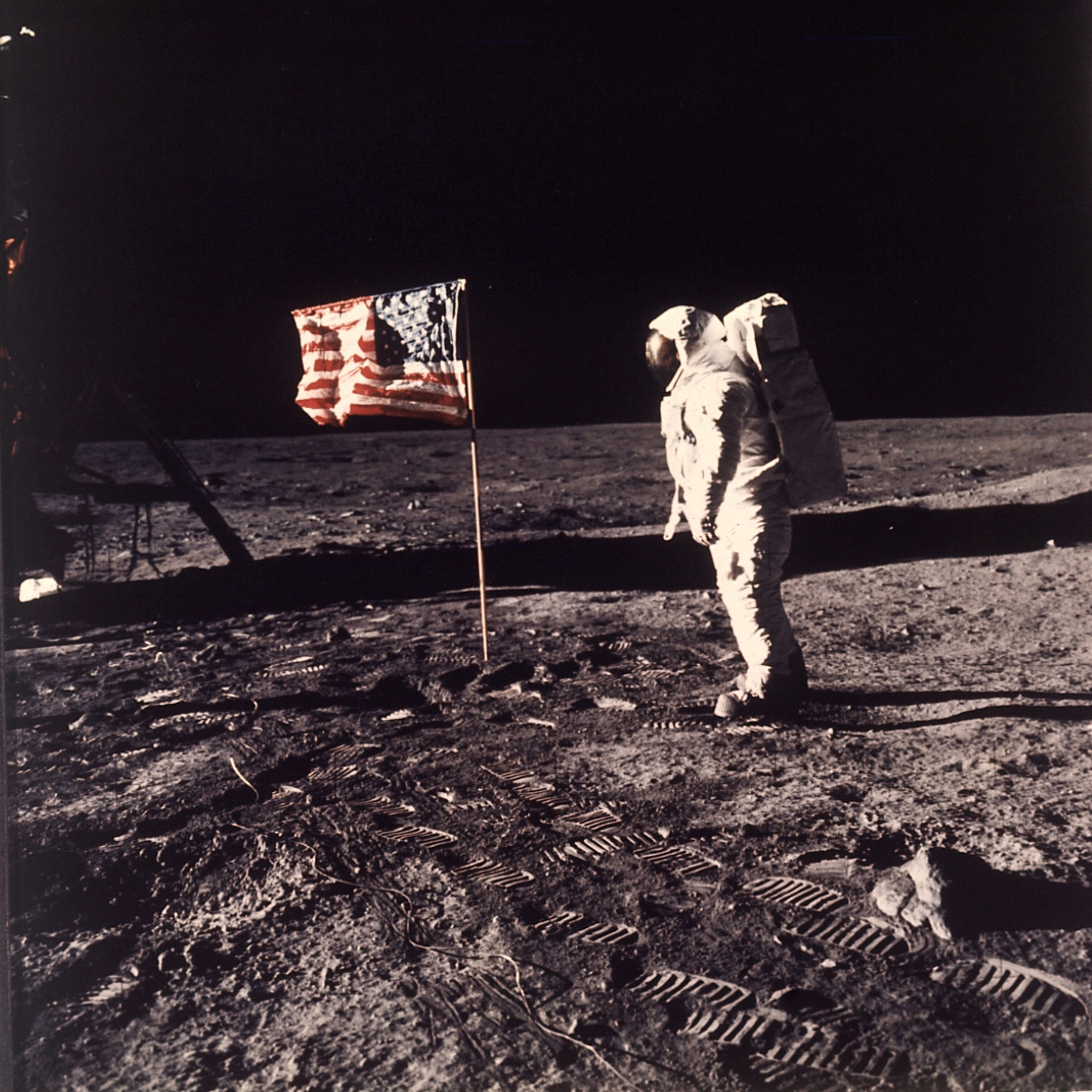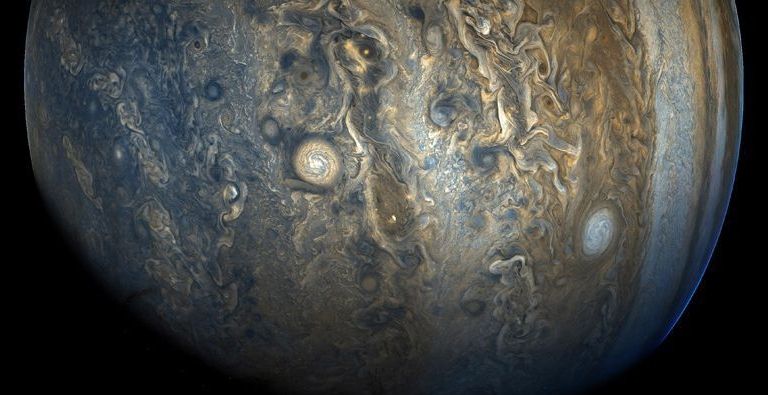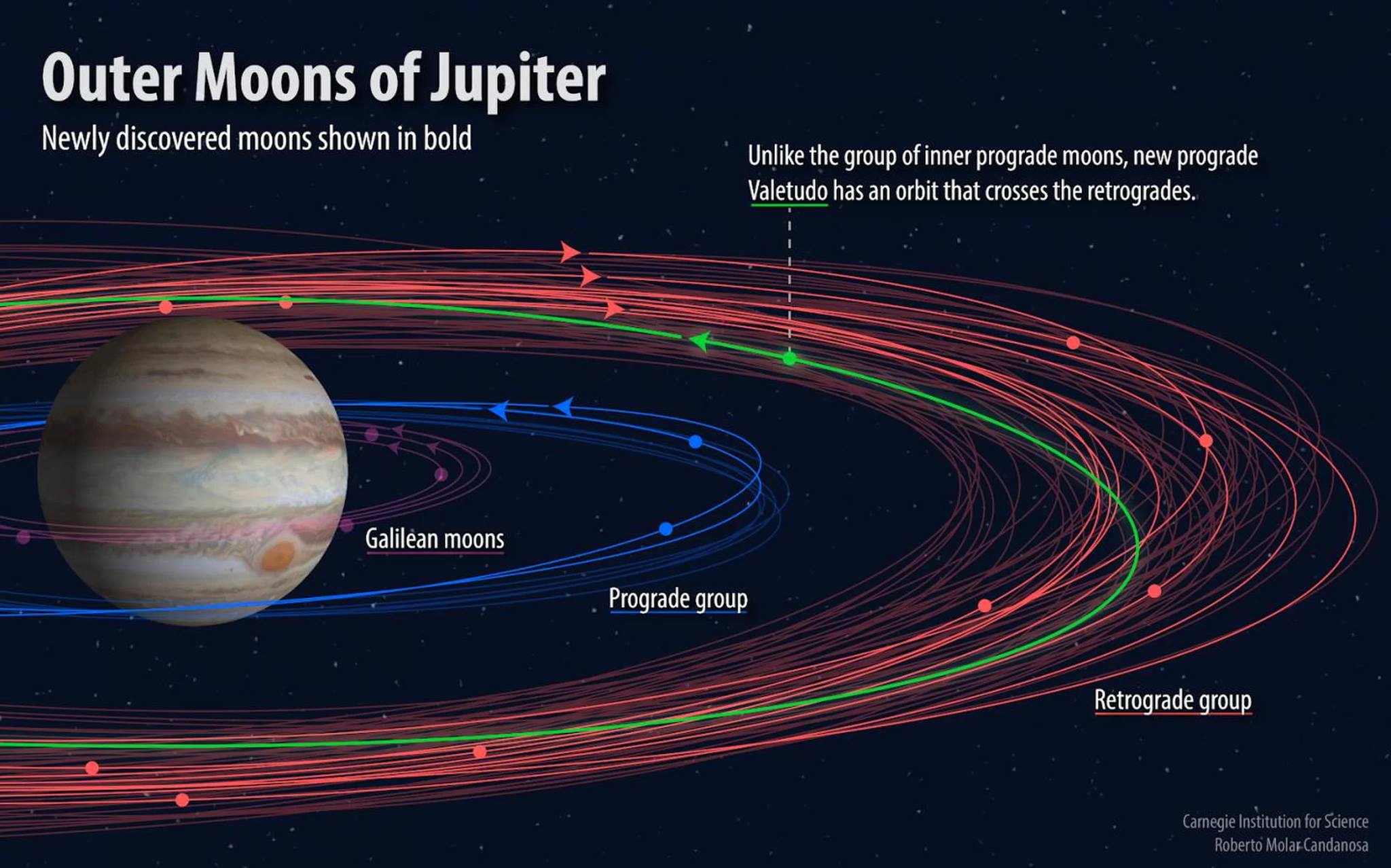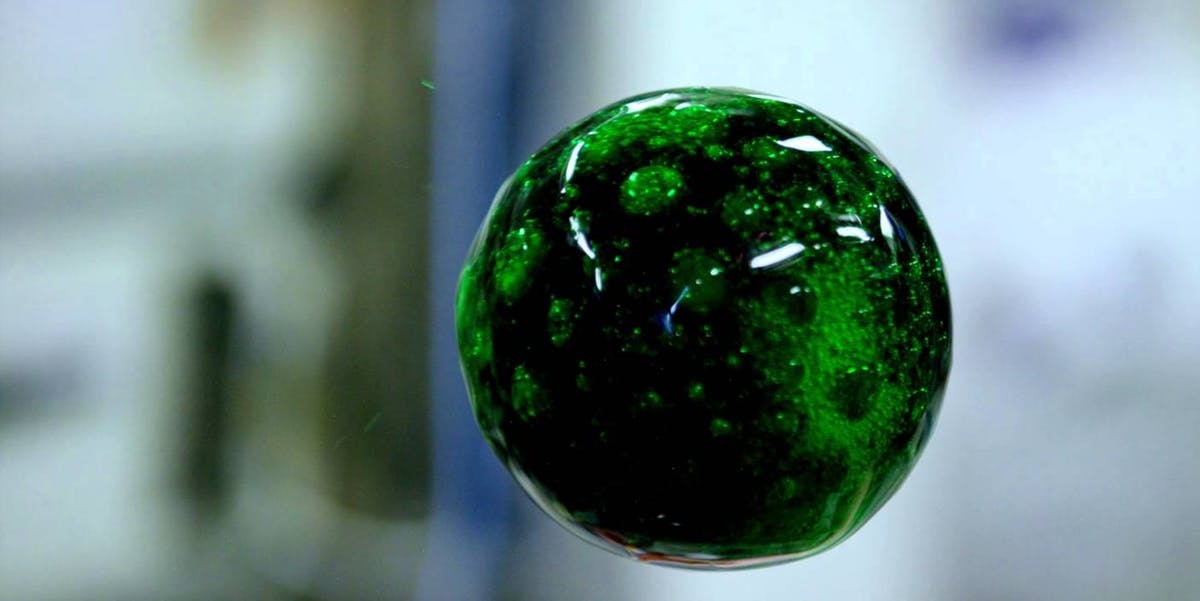Archive for the ‘space’ category: Page 864
Jul 22, 2018
Engine test anomaly deals setback to Boeing’s plans for Starliner space taxi
Posted by Genevieve Klien in categories: space, transportation
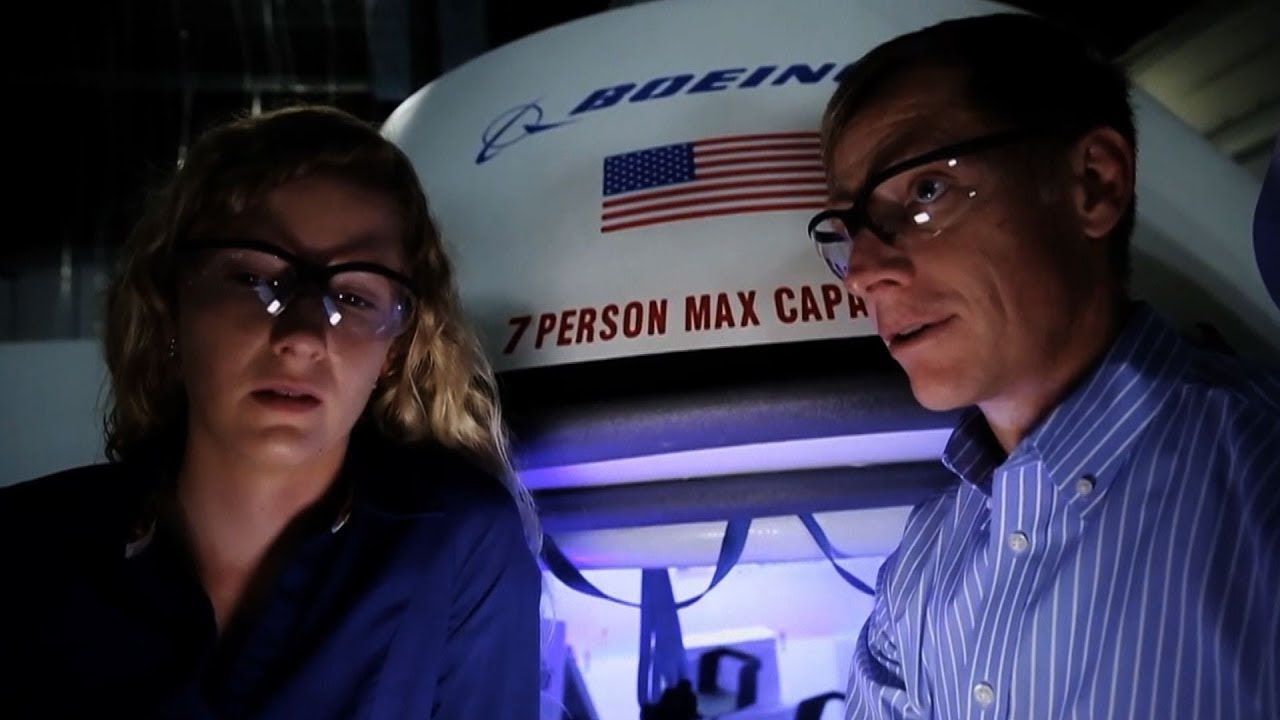
Boeing confirms that it experienced an anomaly last month during tests of the engines that would be used on its CST-100 Starliner space taxi in the event of a launch emergency.
The anomaly resulted in an unwanted leak of propellant, and although no hardware was destroyed, the issue is likely to contribute to further delays for NASA’s plan to fly astronauts to and from the International Space Station on the Starliner.
Continue reading “Engine test anomaly deals setback to Boeing’s plans for Starliner space taxi” »
Jul 22, 2018
Only Three Humans Have Died in Space: The Story of Soyuz 11
Posted by Genevieve Klien in category: space
Space is brutally inhospitable to human life, so it’s a small wonder that out of the 561 people who have ventured beyond the safety of Earth, only three have died there. Many more have perished due to crashes or explosions when rocketing away from our planet or re-entering its atmosphere.
The three brave spacefarers who lost their lives in space were cosmonauts Georgy Dobrovolsky, Vladislav Volkov, and Viktor Patsayev. All three died on the Soyuz 11 mission of Jun 1971.
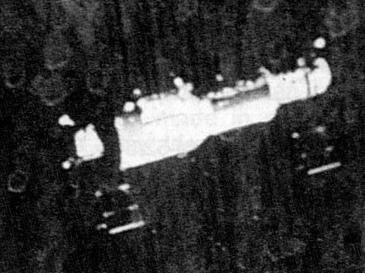
Continue reading “Only Three Humans Have Died in Space: The Story of Soyuz 11” »
Jul 22, 2018
Gala opens countdown to 50th anniversary of 1st moon landing
Posted by Genevieve Klien in categories: education, space
CAPE CANAVERAL, Fla. (AP) — Former NASA astronaut Buzz Aldrin was noticeably absent from a gala kicking off a yearlong celebration of the 50-year anniversary of the first moon landing, even though his nonprofit space education foundation is a sponsor and he typically is the star attraction.
The black-tie Apollo Celebration Gala held under a Saturn V rocket at the Kennedy Space Center on Saturday evening featured a panel discussion by astronauts, an awards ceremony and an auction of space memorabilia.
Hundreds of people attended the sold-out event, including British physicist Brian Cox, who presented Virgin Galactic founder Richard Branson with the ShareSpace Foundation’s Innovation award.
Continue reading “Gala opens countdown to 50th anniversary of 1st moon landing” »
Jul 21, 2018
NASA ScienceCasts: Exploring Beneath the Waves
Posted by Michael Lance in category: space
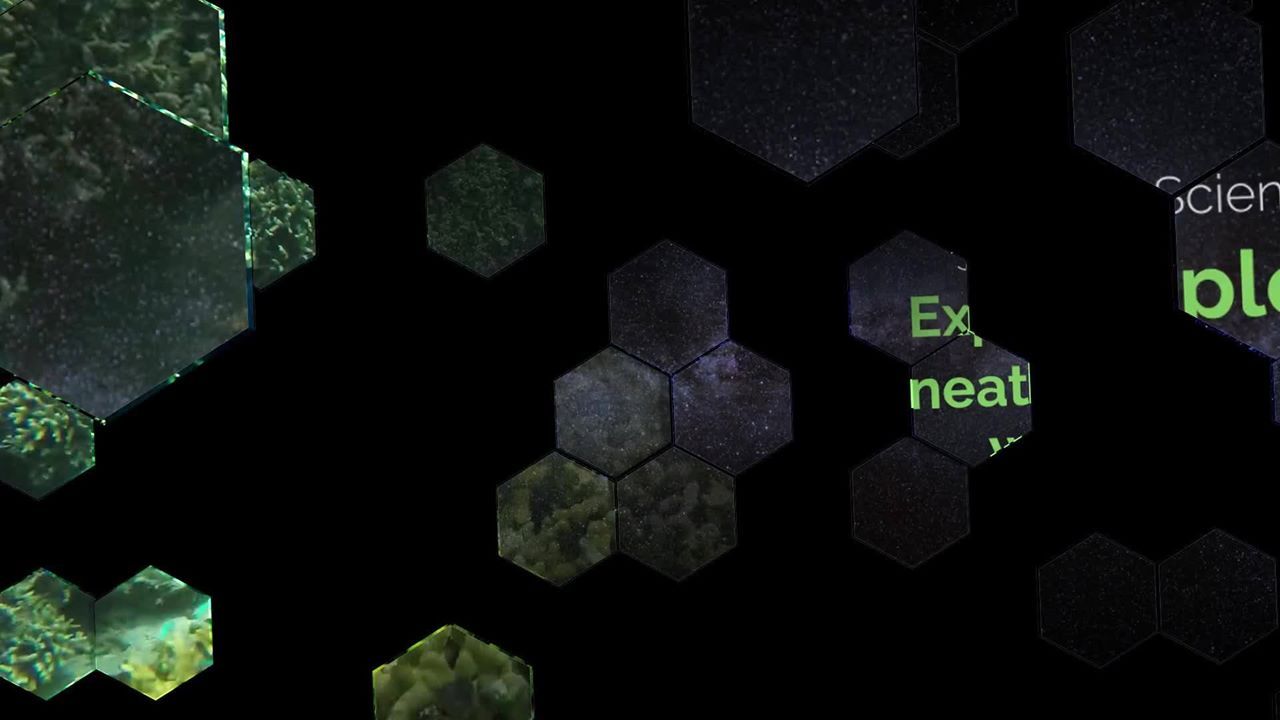
Researchers are using a technology solution called Fluid Lensing to study coral reefs and help better understand reef ecosystems.
Jul 21, 2018
Who owns the moon? A space lawyer answers
Posted by Genevieve Klien in categories: education, law, space
Most likely, this is the best-known picture of a flag ever taken: Buzz Aldrin standing next to the first U.S. flag planted on the Moon. For those who knew their world history, it also rang some alarm bells. Only less than a century ago, back on Earth, planting a national flag in another part of the world still amounted to claiming that territory for the fatherland. Did the Stars and Stripes on the moon signify the establishment of an American colony?
When people hear for the first time that I am a lawyer practicing and teaching something called “space law,” the question they ask most frequently, often with a big smile or a twinkle in the eye, is: “So tell me, who owns the moon?”
Of course, claiming new national territories had been very much a European habit, applied to non-European parts of the world. In particular the Portuguese, the Spanish, the Dutch, the French and the English created huge colonial empires. But while their attitude was very Europe-centric, the legal notion that planting a flag was an act of establishing sovereignty quickly stuck and became accepted worldwide as part and parcel of the law of nations.
Jul 21, 2018
Astronomers have found a new crop of moons around Jupiter, and one of them is a weirdo
Posted by Michael Lance in category: space
Up to 79 moons now.
Ten more moons have been confirmed to orbit around Jupiter, bringing the planet’s total known satellite count to 79. That’s the highest number of moons of any planet in the Solar System. And these newly discovered space rocks are giving astronomers insight as to why the Jupiter system looks like it does today.
Astronomers at Carnegie Institution for Science first found these moons in March 2017, along with two others that were already confirmed in June of last year. The team initially found all 12 moons using the Blanco 4-meter telescope in Chile, though finding these objects wasn’t their main goal. Instead, they were searching for incredibly distant small objects — or even planets — that might be lurking in our Solar System beyond Pluto. But as they searched for these fringe space rocks, they decided to take a peek at what might be lurking around Jupiter at the same time. Now, the moons they found have been observed multiple times, and their exact orbits have been submitted for approval from the International Astronomical Union, which officially recognizes celestial bodies.
Latest News from Space.com, Scientists have discovered 12 previously unknown moons orbiting Jupiter, and one of them is a real oddball.
While hunting for the proposed Planet Nine, a massive planet that some believe could lie beyond Pluto, a team of scientists, led by Scott Sheppard from the Carnegie Institution for Science, found the 12 moons orbiting Jupiter. With this discovery, Jupiter now has a staggering 79 known orbiting moons 67 was its previous count, more than any other planet in the solar system.
Jul 20, 2018
Scientists discover structure within the Sun’s atmosphere
Posted by Genevieve Klien in categories: information science, space
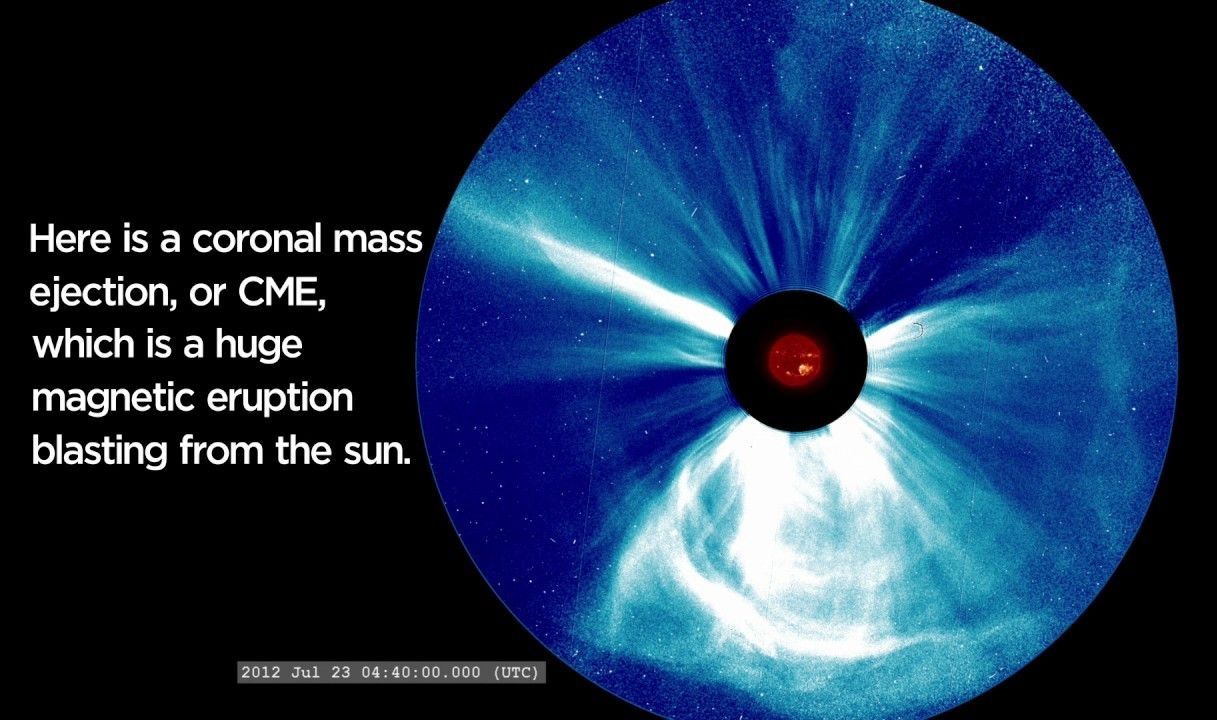
While scientists have been learning more and more about our solar system and the way things work, many of our Sun’s mechanics still remain a mystery. In advance of the launch of the Parker Solar Probe, which will make contact with the Sun’s outer atmosphere, however, scientists are foreshadowing what the spacecraft might see with new discoveries. In a paper published this week in The Astrophysical Journal, scientists detected structures within the Sun’s corona, thanks to advanced image processing techniques and algorithms.
The question that this group of scientists, led by Craig DeForest from the Southwest Research Institute’s branch in Boulder, Colorado, was trying to answer was in regard to the source of solar wind. “In deep space, the solar wind is turbulent and gusty,” said DeForest in a release. “But how did it get that way? Did it leave the Sun smooth, and become turbulent as it crossed the solar system, or are the gusts telling us about the Sun itself?”
Continue reading “Scientists discover structure within the Sun’s atmosphere” »
Jul 19, 2018
Why Astronaut Scott Kelly Battled a Gallon-Sized Orb of Urine and Acid on the ISS
Posted by Genevieve Klien in category: space
What’s the creepiest thing that former astronaut and retired US Navy captain Scott Kelly has ever dealt with in space? According to Kelly, it was a floating orb of sulfuric acid and astronaut pee. He revealed this strange glimpse into life on the ISS in a video produced with Reddit.
